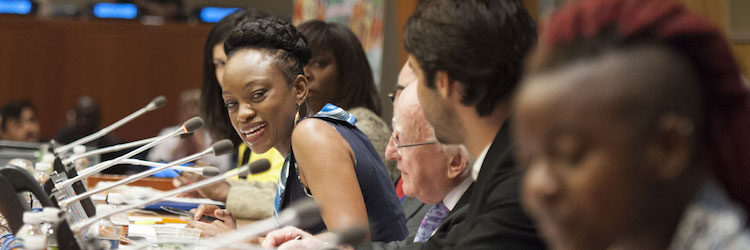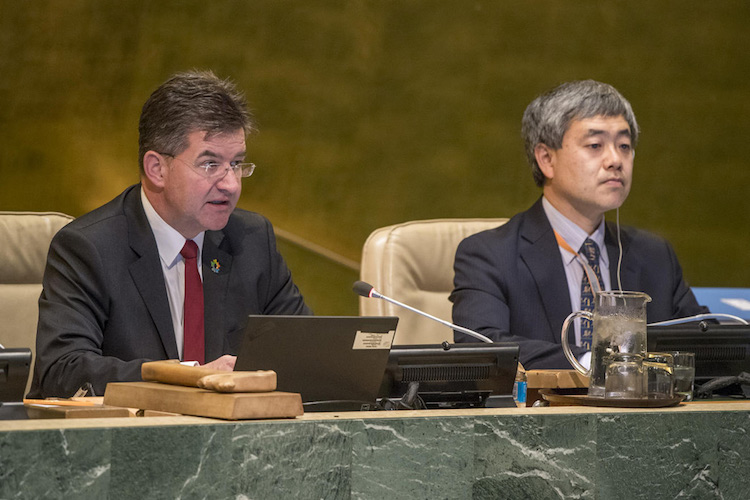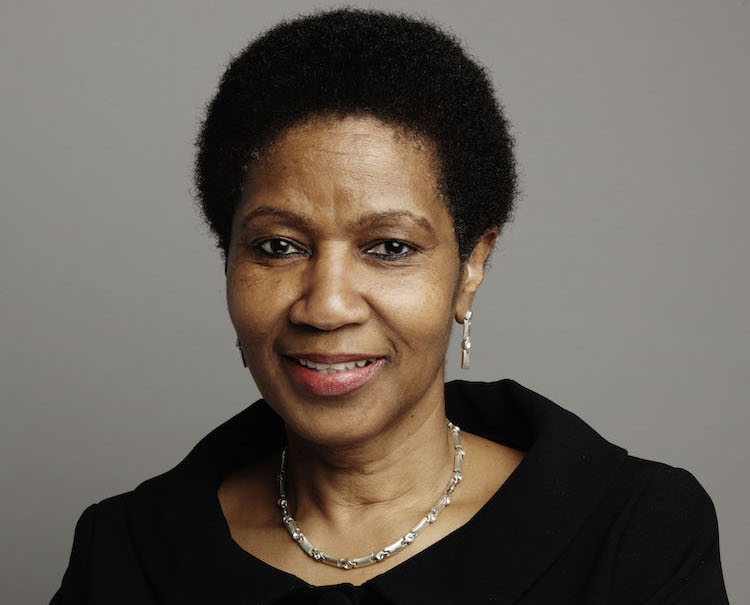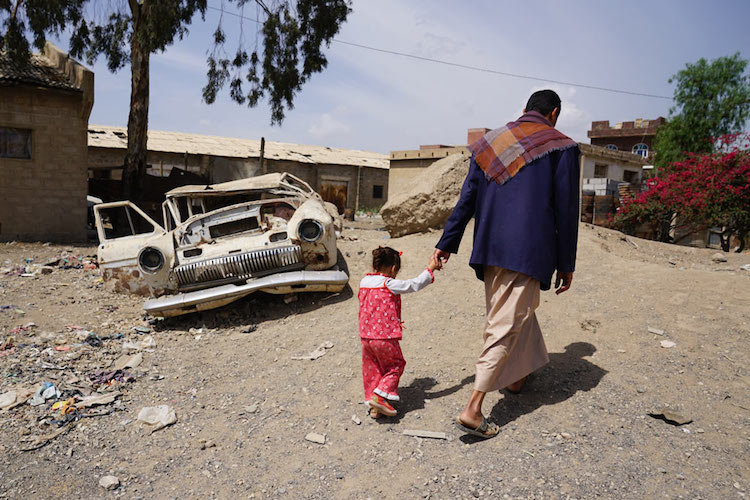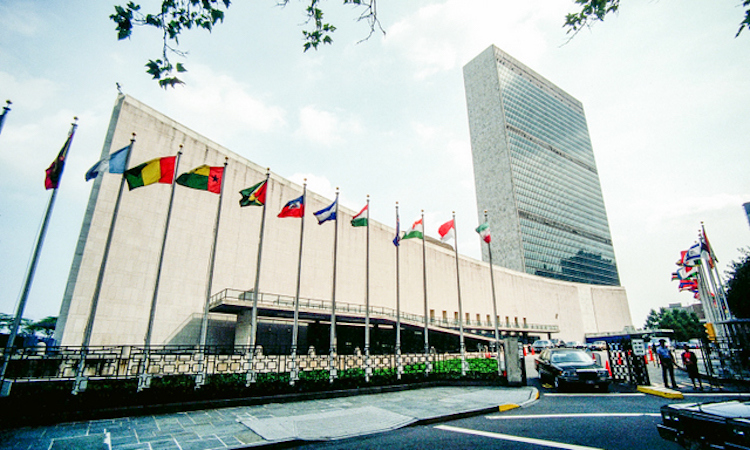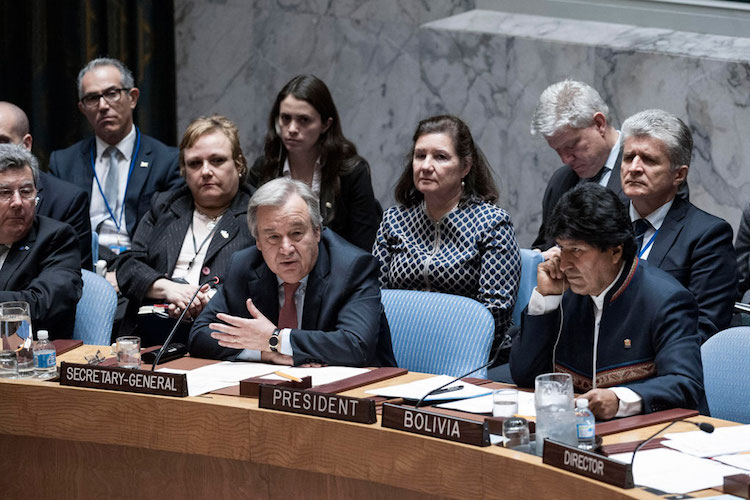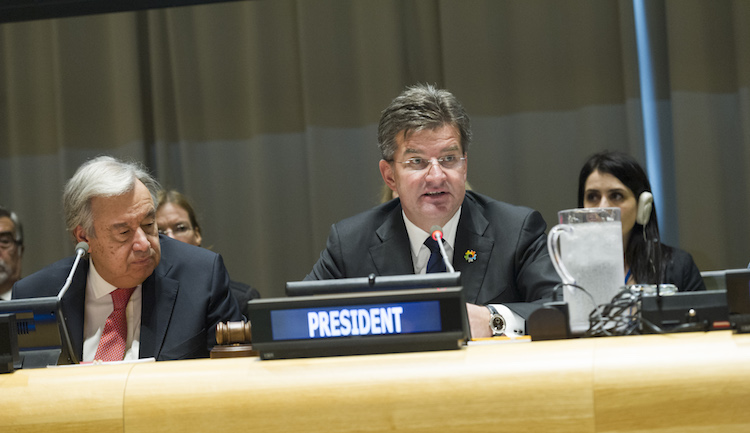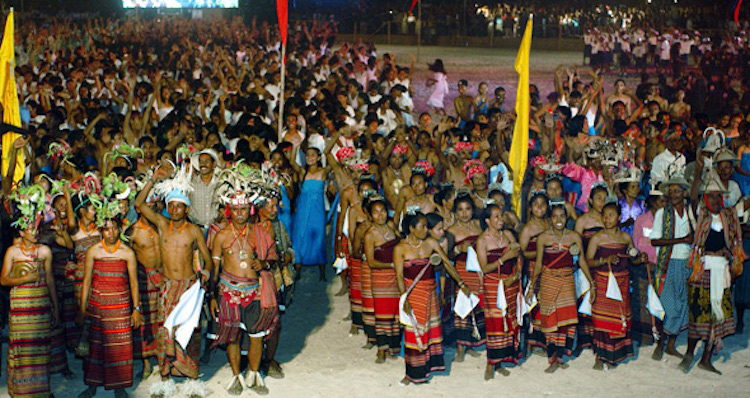By Achim Steiner, Patricia Espinosa and Robert Glasser*
BONN (IDN) – From Miami and Puerto Rico to Barbuda and Havana, the devastation of this year’s hurricane season across Latin America and the Caribbean serves as a reminder that the impacts of climate change know no borders.
In recent weeks, Category 5 hurricanes have brought normal life to a standstill for millions in the Caribbean and on the American mainland. Harvey, Irma and Maria have been particularly damaging. The 3.4 million inhabitants of Puerto Rico have been scrambling for basic necessities including food and water, the island of Barbuda has been rendered uninhabitable, and dozens of people are missing or dead on the UNESCO world heritage island of Dominica.

